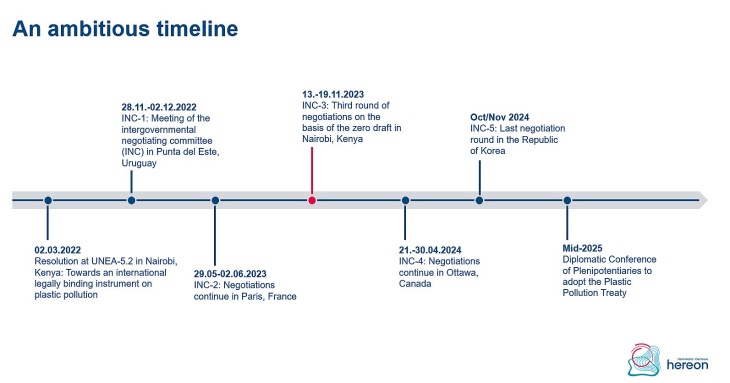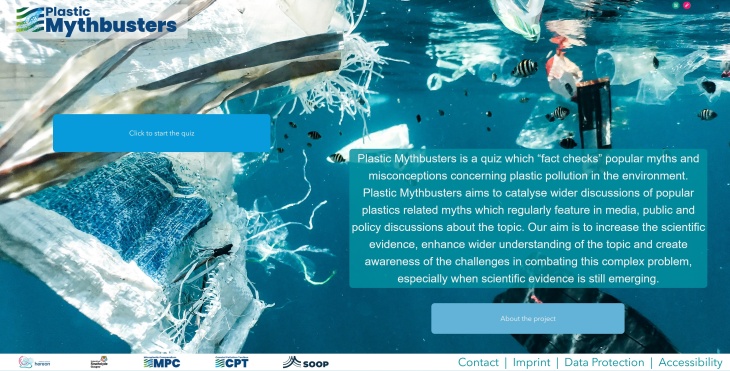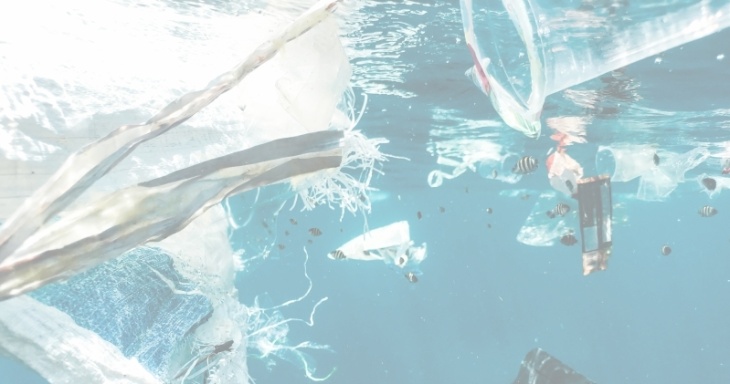Plastic Mythbusters
Fact checking claims on plastic pollution
Plastic pollution is a global problem. Every year millions of tonnes of plastic waste leak into aquatic ecosystems, polluting lakes, rivers and seas. Plastic pollution can alter habitats and natural processes, reducing ecosystems’ ability to adapt to climate change, directly affecting millions of people’s livelihoods, food production capabilities and social well-being. Plastic Mythbusters is a quiz which fact checks popular myths and misconceptions concerning plastic pollution in the environment. The Plastic Mythbusters application was developed in the context of the Coastal Pollution Toolbox and is part of the Microplastic Compendium. Hereon in partnership with the University of Strathclyde, and media professionals have launched the Plastic Mythbusters as an online resource to coincide with the Third Session of the Intergovernmental Negotiating Committee (INC-3) on Plastic Pollution to be held in November 2023 in Nairobi, Kenya. Mythbusters is under constant development with contributions from leading (micro)plastic pollution scientists.
The Path to a Global Plastics Treaty
The world is on an ambitious timeline to tackle plastic pollution. In the spring of 2022, delegates from countries around the world made a historic decision at the United Nations Environmental Assembly (UNEA) in Nairobi, Kenya to negotiate an internationally and legally binding instrument to tackle plastic pollution and finalize it within just three years.
Please read more on the path towards an international agreement on plastic pollution
The Path to a Global Plastics Treaty
Context
Plastic Mythbusters aims at catalysing wider discussions of popular plastics related myths which regularly feature in media, public and policy discussions about the topic. Our aim is to increase the scientific evidence, enhance wider understanding on the topic and create awareness of the challenges in combating this complex problem, especially when scientific evidence is still emerging.
A fact or a myth?
Here we provide additional information on the facts and myths provided in the Plastic Mythbusters quiz.
Please click on a statement and receive an expert judgement!




